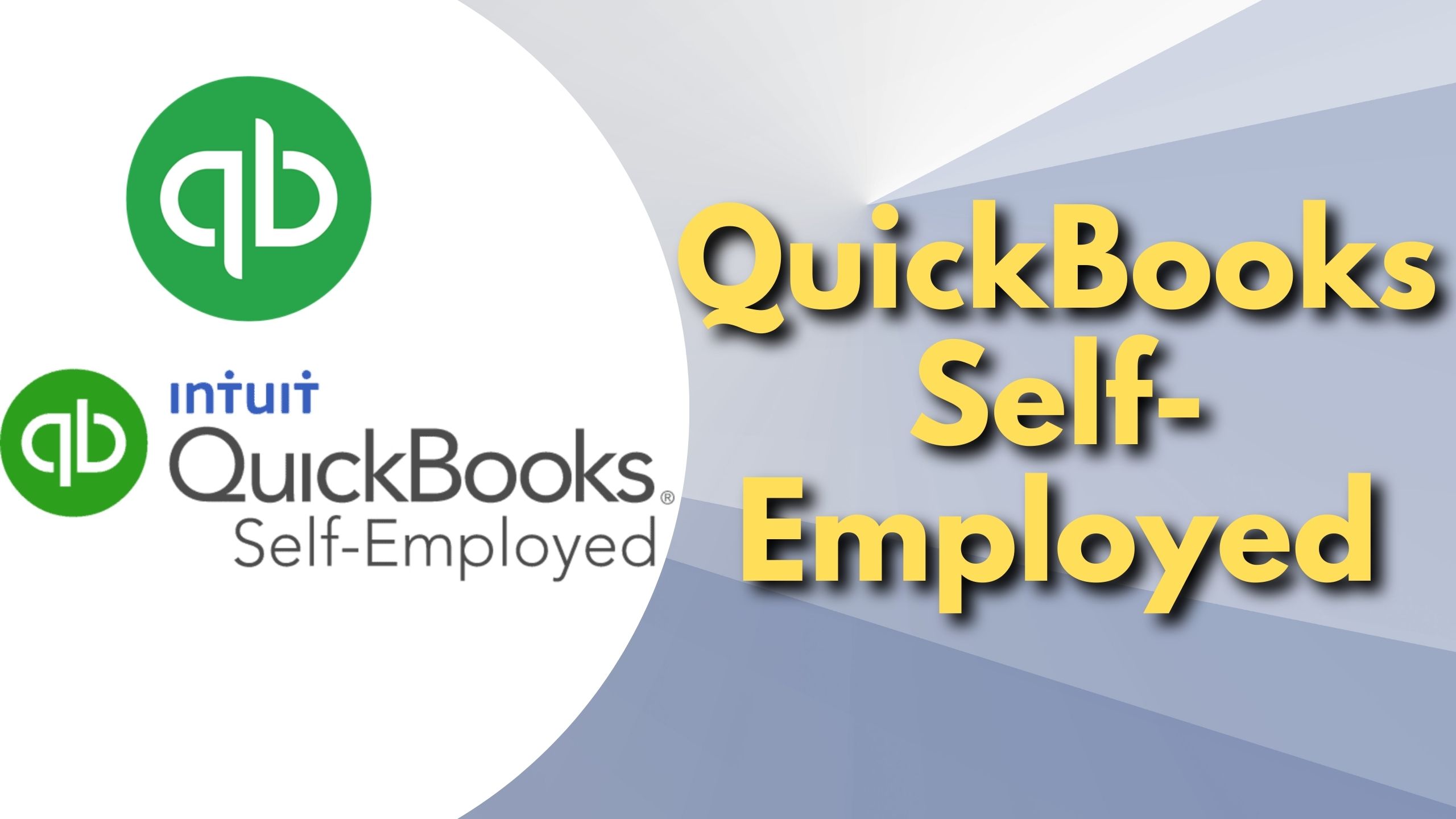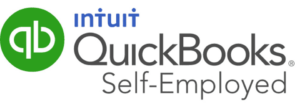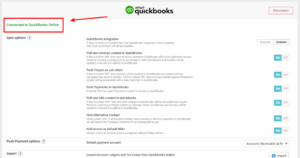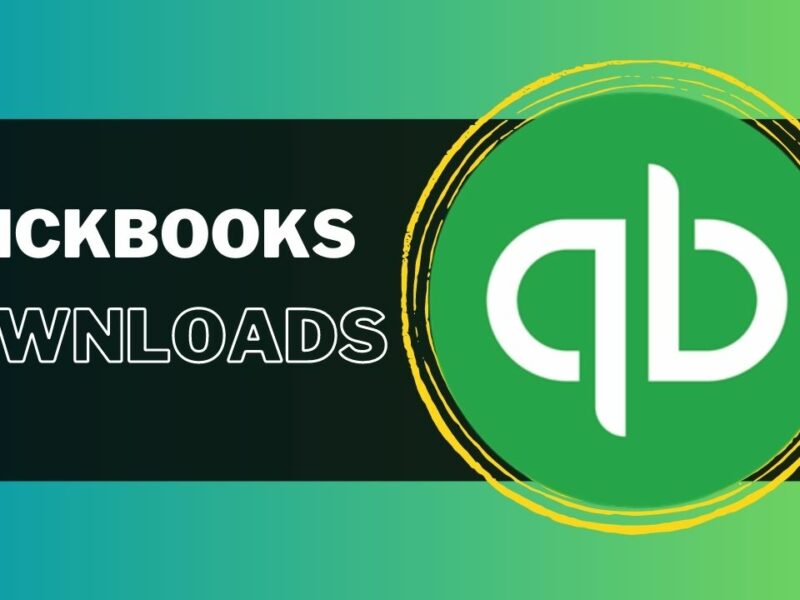QuickBooks Self-Employed is a robust and user-friendly accounting software designed specifically for self-employed individuals and small business owners. With this software, you can easily manage your finances, track expenses, generate invoices, and keep track of your tax obligations. In this article, we will take an in-depth look at the pricing and features of QuickBooks Self-Employed.
What is QuickBooks Self Employed?
Starting a business is a big step, and managing finances is an important part of running a successful business. QuickBooks Self-Employed is an all-in-one solution that makes it easy for self-employed individuals and small business owners to manage their finances and stay organized. With QuickBooks Self-Employed, you can keep track of your income and expenses, categorize transactions, and see how your business is performing at a glance. Additionally, it integrates with other tools such as PayPal and Uber, making it a convenient solution for those who use these platforms for their business.
QuickBooks Self-Employed: Pricing & Features
Pricing of QuickBooks self employed:
QuickBooks Self-Employed offers a simple pricing structure with two plans: the Self-Employed plan and the Self-Employed Tax Bundle plan. The Self-Employed plan costs $15 per month and includes features such as expense tracking, categorization of transactions, and a tax summary. The Self-Employed Tax Bundle plan costs $17 per month and includes all the features of the Self-Employed plan, as well as the ability to file federal and state taxes.
Features of QuickBooks Self Employed:
QuickBooks Self-Employed provides several features that make it easy for self-employed individuals and small business owners to manage their finances. Some of these features include:
Expense Tracking
QuickBooks Self-Employed makes it easy to track QuickBooks prepaid expenses by categorizing transactions and keeping track of receipts. You can also add expenses manually, making it a flexible solution for those who have unique expenses.
Income Tracking
Income tracking is a critical aspect of managing finances, and QuickBooks Self-Employed makes it easy to keep track of all your income streams. You can easily categorize income, and the software will provide a clear summary of your total income, making it simple to see how your business is performing.
Tax Summary
QuickBooks Self-Employed provides a tax summary that gives you an overview of your taxes owed and taxes paid. The tax summary is based on your expenses and income, making it a reliable tool for preparing your taxes. With the Self-Employed Tax Bundle plan, you can even file your federal and state taxes directly from the software.
Integration with Other Tools
QuickBooks Self-Employed integrates with other tools such as PayPal and Uber, making it a convenient solution for those who use these platforms for their business. With these integrations, you can easily import your transactions and have a clear overview of your finances in one place.
Benefits of QuickBooks Self-Employed
Easy to Use: QuickBooks Self-Employed is designed to be user-friendly, making it easy for self-employed individuals to manage their finances with confidence. The software is intuitive and easy to navigate, with a straightforward interface that makes it simple to categorize transactions and view financial reports.
Accessible from Anywhere: QuickBooks Self-Employed is a cloud-based software, which means you can access your financial information from anywhere with an internet connection. Whether you’re at home, in the office, or on the go, you can view your financial data and make updates as needed.
Automated Tax Preparation: QuickBooks Self-Employed automates many of the time-consuming tasks associated with tax preparation. The software helps you categorize transactions for credit card, generates reports, and exports information directly to your tax preparer, saving you hours of manual work.
Affordable: QuickBooks Self-Employed is priced competitively, making it an affordable solution for self-employed individuals and small business owners. The software offers a range of pricing options, including a free trial, so you can choose the plan that’s right for your business.
Pros And Cons QuickBooks Self Employed
Pros:
- User-Friendly Interface: QuickBooks Self-Employed features an intuitive, easy-to-use interface that makes it simple to manage your finances, even if you have no prior experience with accounting software.
- Automatic Mileage Tracking: With the built-in mileage tracker, you can easily keep track of all your business-related miles, saving time and reducing the risk of manual errors.
- Bank and Credit Card Integration: Linking your bank and credit card accounts to QuickBooks Self-Employed makes it easy to track all your transactions in one place, reducing the need for manual data entry.
- Expense Categorization: QuickBooks Self-Employed automatically categorizes your expenses for you, making it easy to separate personal and business expenses for tax purposes.
- Invoicing and Payment Tracking: QuickBooks Self-Employed includes an invoicing and payment tracking feature, allowing you to keep track of all your outstanding invoices and all QuickBooks import invoices and payments in one place.
- Profit and Loss Reporting: QuickBooks Self-Employed generates a profit and loss (P&L) statement, giving you a clear picture of your financial performance over time.
- Affordable Pricing: QuickBooks Self-Employed offers an affordable pricing model, making it accessible to independent contractors, freelancers, and small business owners.
Cons:
- Limited Financial Reporting: QuickBooks Self Employed only provides a P&L statement and does not include a balance sheet or tracking of liabilities and assets.
- No Multi-User Support: QuickBooks Self-Employed does not offer multi-user support, making it unsuitable for businesses with multiple employees or stakeholders.
- No Integration with Payroll Services: QuickBooks Self-Employed does not integrate with payroll services, making it difficult to manage employee salaries and tax obligations.
- Limited Customization: QuickBooks Self-Employed has limited customization options, making it less flexible than other accounting software.
- No Inventory Management: QuickBooks Self Employed does not offer inventory management, making it unsuitable for businesses that sell physical goods.
- No Project Management: QuickBooks Self-Employed does not offer project management capabilities, making it unsuitable for businesses that need to track time and expenses for specific projects.
- Technical Issues: Some users have reported technical issues with QuickBooks Self-Employed, such as slow performance and frequent software crashes, which can be frustrating and time-consuming to resolve.
Conclusion
In conclusion, QuickBooks Self-Employed is a powerful and affordable solution for self-employed individuals and small business owners. Its pricing structure is simple and affordable, and its features make it easy to manage your finances and file your taxes. With the ability to integrate with other tools and provide a tax summary, QuickBooks Self Employed is a complete solution that can help you stay organized and focused on growing your business.
Frequently Asked Questions (FAQs)
Q.1 Does QuickBooks Self-Employed integrate with other accounting software?
Yes, QuickBooks Self-Employed integrates with other accounting software such as QuickBooks Online, making it easy to switch to a more advanced solution as your business grows.
Q.2 Can I generate invoices with QuickBooks Self-Employed?
Yes, QuickBooks Self Employed offers the ability to generate invoices for clients. You can customize invoices to include your logo and other important information, and send invoices directly from the software.
Q.3 Does QuickBooks Self-Employed offer a mobile app?
Yes, QuickBooks Self Employed offers a mobile app for iOS and Android devices, allowing you to manage your finances on the go. The app allows you to track expenses, categorize transactions, and view your financial summary in real-time.




